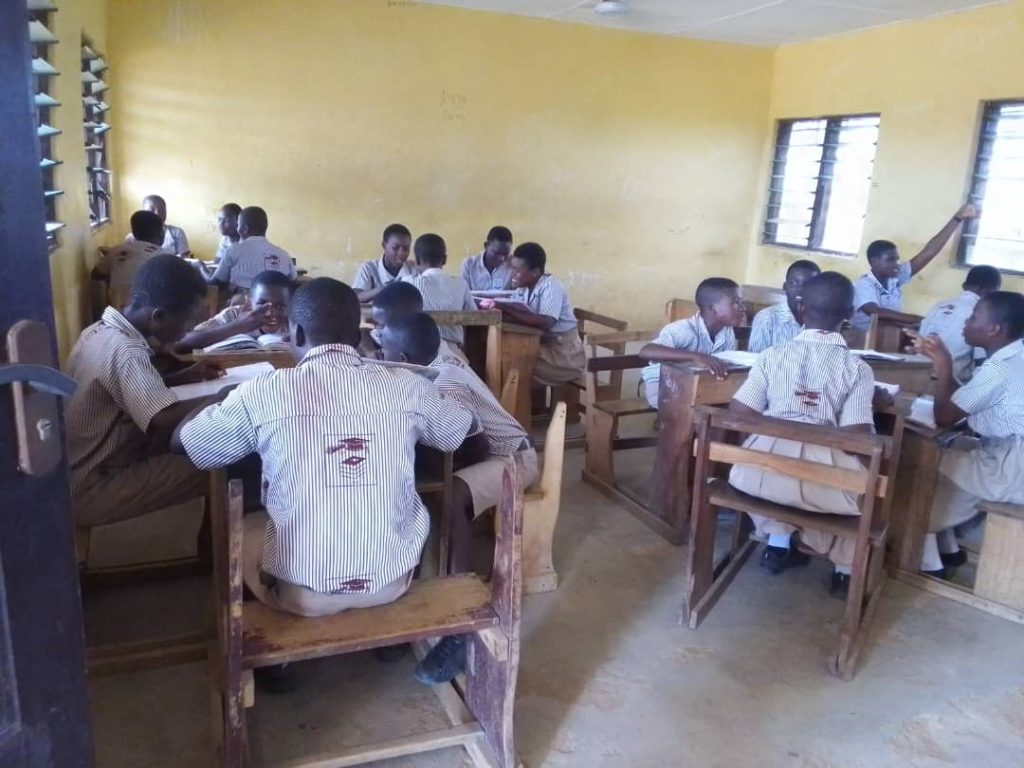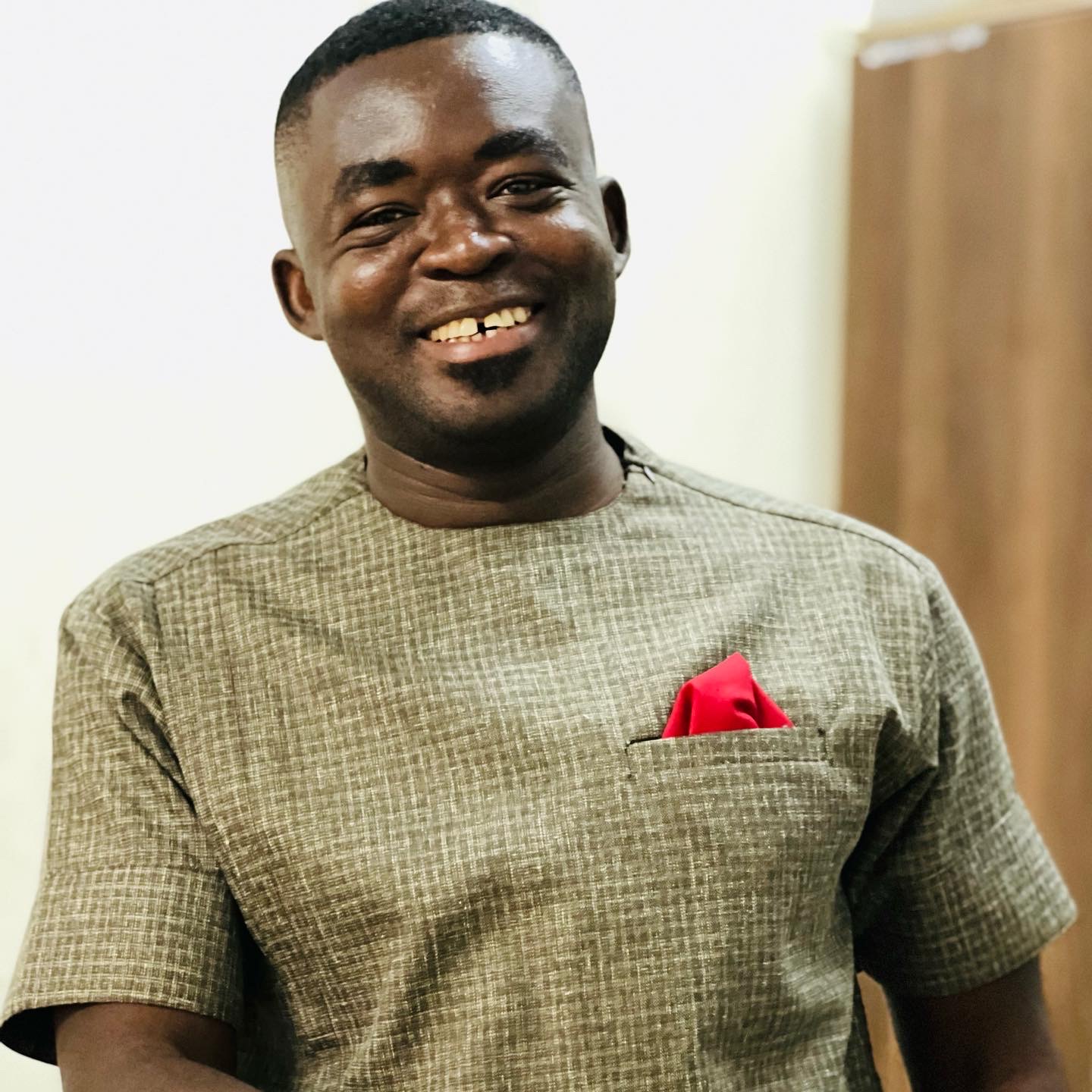Social Studies is all about citizenship education, and it seeks to produce active and effective citizens. The Social Studies perspective of citizenship can be explained as a tradition that emphasizes civic duty, the submission of individual interest to that of the common good and public sphere, and a social justice system where citizens seek out and discuss elements of social injustice and oppression such as exploitation, marginalization, powerlessness, cultural imperialism, and violence, to foster social change (Sim 2008; Journell 2010), cited in (Bergen & Mclean (2014). An effective citizen, according to the National Council for Social Studies, is one who has the knowledge, skills, and attitudes required to assume the “office of citizen” in a democratic setting. However, it is widely known that most Ghanaians lack the courage and interest to embark on citizen action, partly because, to most Ghanaians, a citizen is all about a person who possesses legal citizenship of a particular country and enjoys the rights and protections granted by that country. The Ghanaian understanding of citizenship has influenced their attitudes toward duties and activities towards the country. It is therefore not surprising that Ghanaians are argued to be one of the people in Africa who are not interested in demonstrations and protests.
From the social studies perspective, citizenship is based on participation and process. That is where the person constructively criticizes government and corporate policies that they deem inimical to the progress and development of society and provides alternative solutions. Discuss and speak against elements of social injustice and oppression such as exploitation, marginalization, powerlessness, cultural imperialism, and violence to foster social change while respecting and accepting divergent opinions (Sim, 2008; Journell, 2010; cited in (Bergen & Mclean, 2014). Among other things, respect, protect, and defend human rights at all times. Voluntarily engage in communal labour, be part of or organize a group to solve societal problems in any small way you can, and actively, effectively, and voluntarily participate in civic and community life by working to make a difference in the civic life of one’s community through political or non-political processes, either by voting during elections to elect responsible and reasonable leaders or to create spaces in the community for people to address their grievances, etc. (Ehrlich, 2020). The Ghanaian citizen hardly engages in any of the above, partly because of his or her orientation and lack of understanding of who a citizen is and ought to be. Hence for people to function well as effective citizens the onus lies on Social Studies tutors to prepare them for citizenship roles by equipping them with the core community knowledge, skills, and dispositions (values and attitudes) that are required for effective citizenship. The text below explains how people can be helped to develop core community knowledge, skills, and dispositions required for effective citizenship;
The use of simulations that model civic action, democratic processes, and procedures during the instructional period, and encourage students’ participation in school governance can be used to develop people for effective citizenship (Guilfoile and Delander, 2014). Simulations are designed to place participants in situations that closely resemble those found in the real world, and as such, in a bid to develop people for effective citizenship, they can be made to role play any situation at large. They offer a harmless playing field for students to try novel roles, skills, and responsibilities. Simulations have proven to be an important tool for developing many aspects of an imaginary event that has a set of rules; for instance, parliamentary proceedings, court proceedings, elections, etc. can be simulated in the classroom (Ayaaba and Odumah, 2013). Simulations help students develop the knowledge, skills, and dispositions required for success in the world of global aptitude. They motivate students through real-world and relevant events. Simulations also compel students to combine content knowledge with critical thinking and reasoning skills (Center for Global Education, n.d.).
The use of small group and whole-class discussions in discussing controversial laws about discrimination and individual rights. This will develop tolerance and respect for divergent opinions in students, and they will learn to compromise personal interests to achieve group goals, especially in the case of small group discussion. These are all among the civic dispositions that Social Studies seeks to inculcate in people (students).

Ayaaba and Odumah (2013) argued that the use of discussion during instructional hours offers students the opportunity to train in the democratic process and develop critical thinking and communication skills. When classroom discussion centers on current local, national, and international issues and events, particularly those that young people view as important to their lives, it will prepare students for effective citizenship (Guilfoile and Delander, 2014). With regards to the strict rules attached to the use of whole-class discussion, where students are expected to accommodate the views of their colleagues, rebut when given the opportunity, are not expected to interrupt a colleague’s submission, etc., develop democratic values in them.
Project-based learning can be used to engage students in local and national issues that need solutions, while their project will enable them to embark on a journey to identify and solve problems within their immediate communities since project-based learning is “simply learning while doing,” as stated by Lawless (2019). This is because societal problems are real, hence the need to use an approach that will expose students to knowledge about those problems and, in the bid to solve them, unconsciously equip them with the necessary skills. With project-based learning, students will be equipped with critical thinking skills, creative skills, communication skills, collaborative skills, problem-solving skills, presentation or public speaking skills, and analytical skills, which are essential for effective citizenship (Musah, Mufti, Abdul Latif, and Mohammed Amin, 2012; Green, 1998, cited in Harmer, 2014; Licht, 2014, cited in Tally, 2015; Kolk, 2017; Bonderud, 2019; Sharma, 2019).
One way of preparing students for effective citizenship roles is by engaging them in community service-learning. This occurs when students are made to participate in organized service activities that meet identified community needs for practical understanding and to enhance their sense of civic responsibility (Bringle & Hatcher, 2000, cited in Tagoe & Oheneba-Sakyi, 2015). Allan (2016) is of the view that when the youth are involved in community service learning, they learn more and become more confident about what they have learned; they improve in problem-solving ability; their leadership and social abilities improve; they take more enjoyment in the overall learning experience; and they are more likely to volunteer to serve the community in the future. If students are to put into practice what they learn in class, then there is no other way that can be perfectly done than to engage in community service learning, where students can practice citizenship roles as taught in the class in their various communities.
To conclude, people do not become effective citizens by chance. They need to be taught certain skills, develop characteristics, and be given opportunities to witness and experience model behavior. Hence, for students to be effective citizens, there is a need to equip them with the essential skills, relevant knowledge, attitudes, and values that will help them function as expected. This is the main purpose of citizenship education, as the availability of effective citizens is an asset to a country. But to achieve such a fate, the responsibility lies on educators to provide the right framework for a successful citizenship education to take effect in terms of curriculum development and mode of instruction.
Author’s Profile: Musah Issaka is an educationist, a Social Scientist and a ghostwriter. He holds a first-class degree in Bachelor of Arts in Social Studies Education with Political Science from the University of Education, Winneba. He had his pre-tertiary education at Ghana Senior High School (GHANASCO), Tamale, in the Northern Region. He is a professional academic tutor and a lead researcher at M.I. Research Consult, with over five (5) years of experience in writing articles and projects.
Recommended Citation: Musah, I. (2023). How Social Studies Education Can Be Used to Develop the Core Community Knowledge, Skills, And Dispositions Required for Effective Citizenship.
Please address all correspondence to: Musah Issaka by Phone: at (+233) 0247975555 and by email on musahishaaq74@gmail.com
REFERENCES
Allan, T. S. (2016) Beyond 4-H Community Service…to Community Service Learning!. Retrieved on March 4, 2020 from https://4-h.org/wp-content/uploads/2016/02/USDA-community-to-service.pdf
Ayaaba, D. & Odumah, L.K. (2013). Skills and Techniques of Teaching Social Studies. (2nded.). Accra: Salt & Light Publishing.
Bergen, J.K. & Mclean, L.R. (2014) Students as Citizens: Conception of Citizenship in a Social Studies Curriculum. Transnational Curriculum Inquiry, Volume (2). Retrieved from http://nitinat.library.ubc.ca/ojs/index.php/tci on 25/02/2020.
Bonderud, D. (2019). How Project-Based Learning Is Helping Students Build 21stCentury Skills. Retrieved from https://edtechmagazine.com/k12/article/2019/11/how-project-based-learning-helping-students-build-21st-century-skills-perfcon On April 09, 2020.
Center for Global Education (n.d). Simulations: Real-World Practice. Retrieved from https://asiasociety.org/education/simulations-real-world-practiceon June 6, 2020
Ehrlich, T. (2000). Civic Responsibility and Higher Education. Oryx Press. Retrieved from www.books.google.com.gh/books on May 30, 2020
Guilfoile, L & Delander, B. (2014). Guidebook: Six Proven Practices for Effective Civic Learning. National Center for Learning and Civic Engagement. Retrieved from http://www.ecs.org/clearinghouse/01/10/48/11048.pdf on June 3, 2020
Harmer, N. (2014). Project-based learning. Retrieved from https://www.plymouth.ac.uk/uploads/production/document/path/2/2733/Literature_review_Project-based_learning.pdf on April 08, 2020.
Kolk, M. (2017). What is project-based learning and why use it? Retrieved from https://web.tech4learning.com/what-is-project-based-learning-and-why-use-it on April 07, 2020.



Great one there.
Thanks sis
Great write up. Very educative
We appreciate your comment